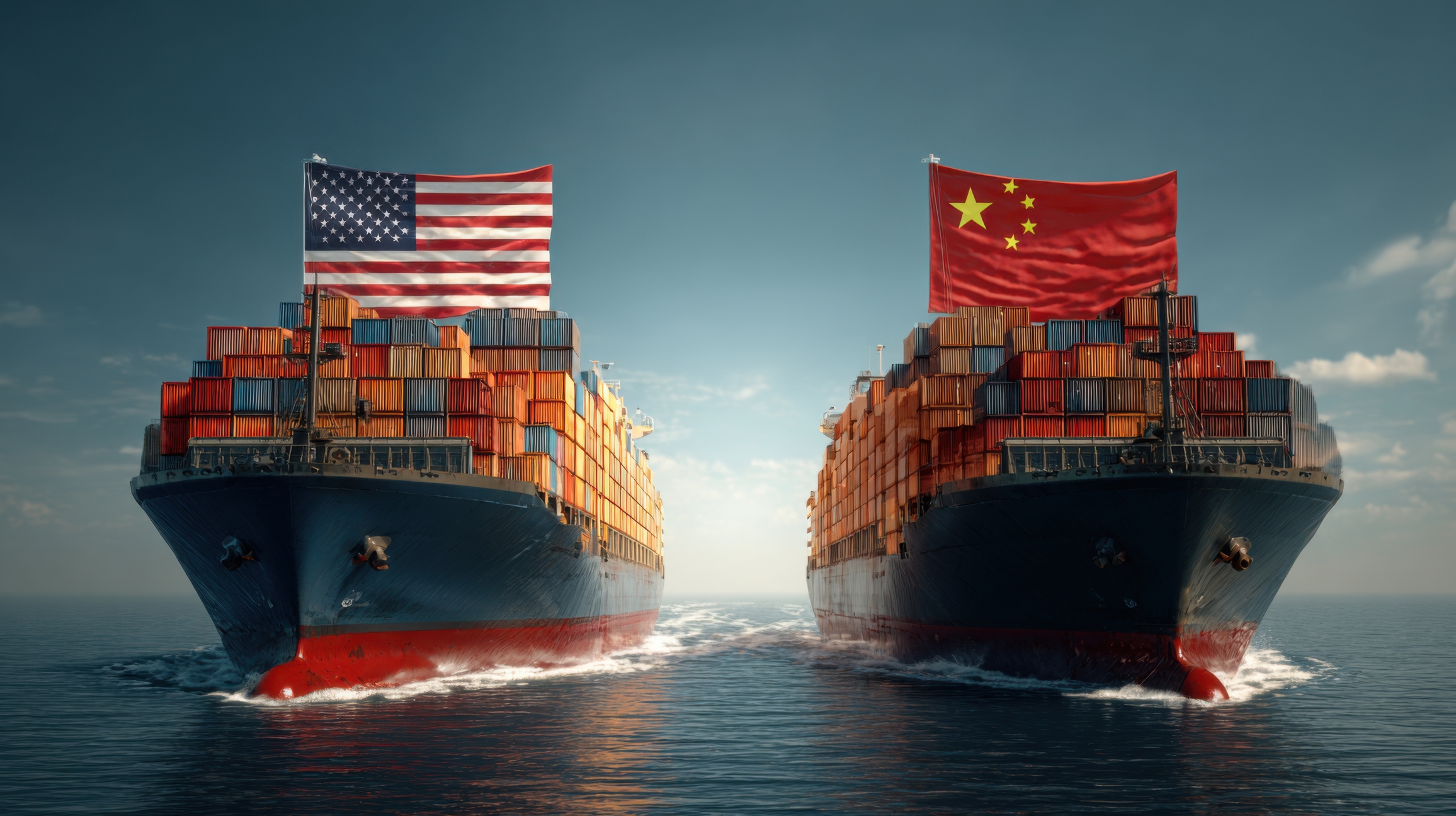The US and China have agreed to suspend the newly-introduced port fees on vessels linked to the other for one year, according to Beijing, deescalating a dispute that has become a sticking point in their wider trade war.
The United States will halt for one year the implementation of Section 301 measures directed at China’s maritime, logistics, and shipbuilding sectors. In response, China will pause its countermeasures against the United States for the same period.
US and China began charging special port fees on each others’ vessels calling at American and Chinese ports on October 14.
China and the U.S. have agreed to suspend punitive port fees on each other for one year, providing a temporary truce in a tariff battle that has disrupted global shipping routes since the charges were imposed earlier this month.
On Thursday, a spokesperson for China’s Ministry of Commerce said the U.S. will pause for one year its Section 301 measures targeting China’s maritime, logistics and shipbuilding sectors. In response, China will suspend its own retaliatory measures for the same period. This provides temporary relief to an industry that was already scrambling to reroute vessels and cargo to avoid the steep new costs.
The agreement followed a meeting between Chinese president Xi Jinping and U.S. president Donald Trump in Busan, South Korea.
It appears the new port fees introduced on Oct. 14 by both sides will be suspended for one year, although the Chinese spokesperson did not clearly specify this.
China’s comments come after US trade representative Jamieson Greer said the US’s focus is still very much on reviving American shipbuilding. “We’re going to postpone that while we negotiate with them about that issue. We’re trying to rebuild shipbuilding,” he said aboard Air Force One, in response to a question on whether president Donald Trump and Chinese leader Xi Jinping had agreed on port fees at their meeting in South Korea.
From his side, Trump commented that is “No longer an issue.”
In a major development for global trade, the US president also announced on Thursday a reduction in tariffs on Chinese goods from 57% to 47%.
The Trump administration plans to cut the “fentanyl tariff” on Chinese goods entering the US from 20% to 10%, effective immediately.
This decision followed China’s commitment to crack down on fentanyl exports, marking a significant breakthrough in negotiations between the United States and China. “Very significantly, China has strongly stated that they will work diligently with us to stop the flow of fentanyl into our country. They will help us end the fentanyl crisis,” the US president said.
In return, China will start “the purchase of massive amounts of soybeans, sorghum, and other farm products,” Trump wrote on his Truth Social platform.
Additionally, China has agreed to continue the flow of rare earth, critical minerals, magnets, etc.
“China also agreed that they will begin the process of purchasing American energy. In fact, a very large-scale transaction may take place concerning the purchase of Oil and Gas from the Great State of Alaska. Chris Wright, Doug Burgum, and our respective energy teams will be meeting to see if such an energy deal can be worked out,” Trump added.
Trump told reporters that the issue of rare earths had been fully resolved, calling it “a deal for the world,” and noted that the terms would be reviewed and renegotiated each year.



